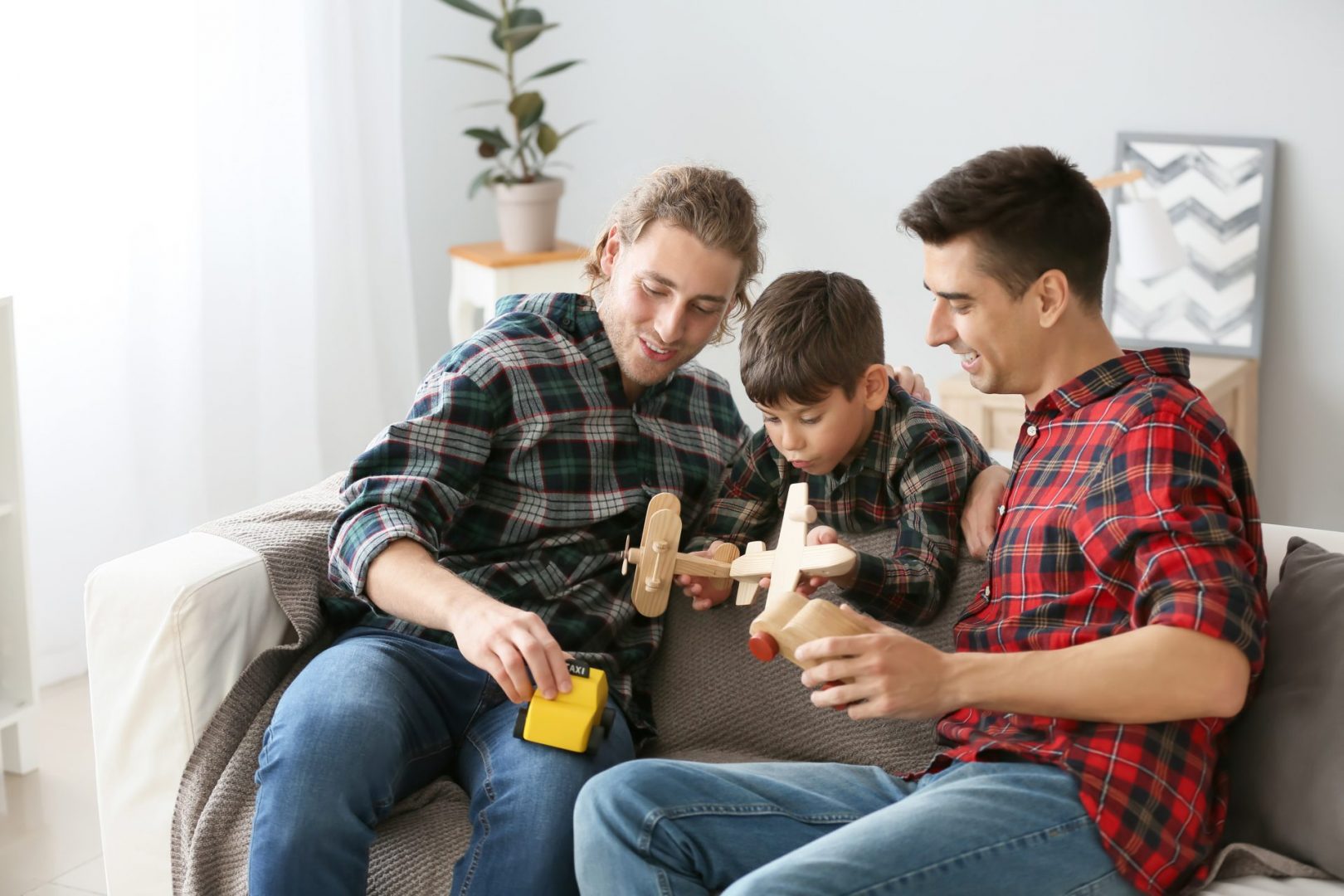Coping with the Pandemic as an Adoptive Family
Families have been dealing with a high number of stressors during these past several months as they’ve navigated the uncharted waters of schooling at home, working from home, and everyone being home all. Of. The. Time. Parents are stressed, children are stressed, and even the family pet is stressed (though they may be more in their element than the rest of us!). To manage this new environment, families have returned to using coping skills that have worked in the past or are developing new ones that will help their family through these uniquely stressful times.
Adoptive families have experienced added stressors as children experience additional anxiety from the changes and may be questioning their stability as this unfolds. Children who do not reside in their family of origin sometimes question their permanency as part of the natural process of exploration and development. However, in times such as these, questions may reach new levels and intensity due to the uncertainty of all we face.
"A change in routine, such as we've endured during this pandemic, can trigger anxiety for adopted children," said Lori Jalkiewicz, LCSW, Program Director, Foster, Kinship and Adoption Services. "Additional support services can help families navigate these unique challenges and build resilience for the child and the family unit."
Here are five of the key takeaways that have helped adoptive families thrive during difficult circumstances:
- Keep a routine: Having structure provides predictability for children who may be anxious and fearful of their stability. Your routine doesn’t need to be overly rigid, but set expectations for activities that will happen and at what times. Maintain sleep/wake routines and mealtimes, which will allow your children a sense of calm in knowing what is next and take the pressure off of you in keeping them busy every moment. Have a number of things available; puzzles, games, books and other activities, to help fill in any gaps that may exist.

- Connect with your child: Pay attention to your child’s emotions and help them to name them when they seem disconnected. Spend one on one time with your child each day to remind them they are special to you. This doesn’t need to be a long time; 5-10 minutes will work! Make eye contact and smile throughout the day, it provides the unspoken message that you enjoy them. This connection will facilitate a sense of calm and support which will help your child effectively regulate their emotions.
- Communicate openly: if everyone is having a rough day, call it out. Acknowledge what’s happening, validate everyone’s feelings and remind yourself and everyone in the family that you will get through this and be ok. Keep a healthy perspective that things will not always be this way. Doing something physical such as a family walk or dance party will help generate endorphins and make everyone feel better.
- Take time for fun: We all need to smile, laugh and enjoy each other. Taking this time allows us to maintain the healthy perspective we previously noted. Be proactive and be silly! Take funny pictures of each other, make family skits about being in quarantine, build a time capsule that you can open a year from now to see how you have grown as a family.
- Keep realistic expectations: Some days you will thrive and others you will survive. We are all on a journey and you will do best if your goal is to do the best you can, make memories and grow closer to one another. Don’t be too hard on yourself or your children.

If you have questions or would like your family to talk with an adoption-trained professional, services are available for all adoptive families, free of charge. Acenda is here to support and encourage your family not just during the difficult times but in preparation for the days ahead. For more information about our Post Adoption Counseling Services, click here or call 856-725-4906.